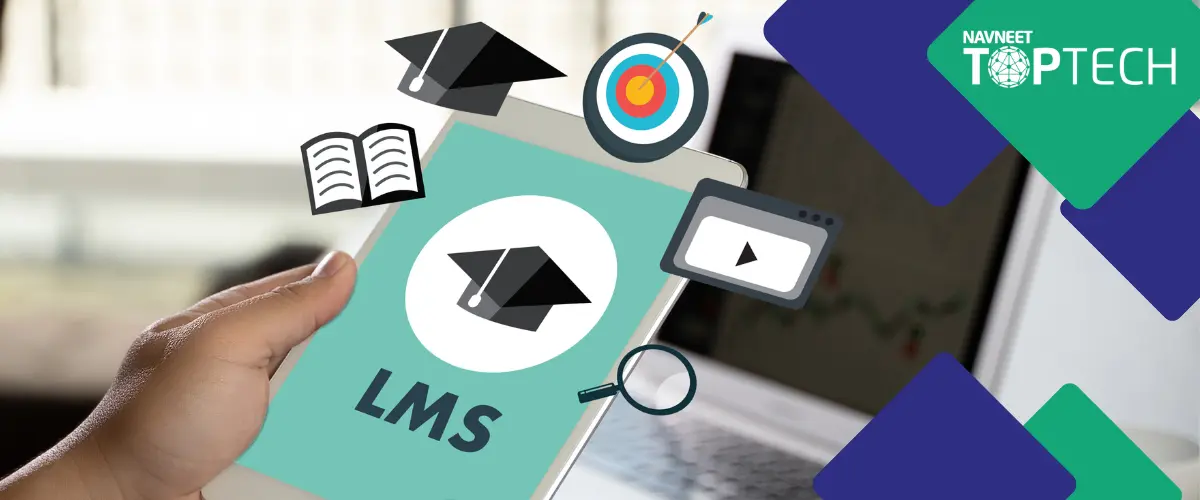The COVID-19 pandemic has had a full-size effect in the schooling sector, with schools and universities closing their doors and educators and students transitioning to remote learning methods. To adapt to these changes, the use of Learning Management Systems (LMS) and EdTech has increased significantly, reshaping the future of education.
LMS is a digital platform that provides educators with tools and resources for online learning. With an LMS, educators can create and manage online courses, upload and share educational materials, and communicate with students. Although LMS has been around for several years, its use surged when the pandemic began.
Online teaching platforms offer a personalized learning experience for schools and educational institutions that follow different curriculum. These platforms allow teachers to use multimedia lessons or create their own lessons, enabling them to customize and personalize the learning experience. Integrating technology into the education sector can provide a more engaging and interactive learning experience for students, allowing them to better understand complex concepts through visual representations.
The adoption of LMS and EdTech in education has accelerated post-pandemic, with online teaching platforms having the potential to revolutionize the way we learn. By providing greater flexibility and customization options, EdTech can improve the quality of education and governance, making students better equipped for any further learning challenges. Moreover, EdTech aids school management in streamlining various daily operations such as fees management and admission management.
Hence, it can be said that the pandemic has forced the education sector to embrace LMS and EdTech, and these technologies are likely to have a lasting impact on education now, post-pandemic. With a more engaging and interactive learning experience, personalized learning options, and streamlined operations, EdTech has the potential to transform the future of education.




